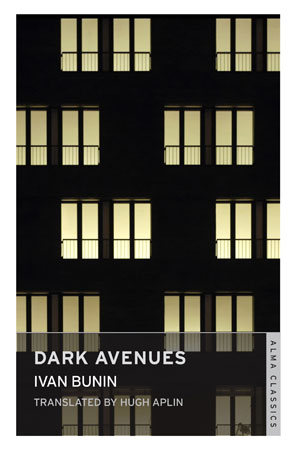 If you’re looking for a point of comparison, I’d say Bunin as a writer is similar to Chekhov, that’s his model. Though he is darker, more risqué and also narrower in his sympathies. There are some people, you feel, that Bunin is just not interested in – something you never feel with Chekhov. There are some people, you feel, that Bunin is just not interested in – something you never feel with Chekhov. Bunin is a little old-fashioned or out of touch too, you sense. Set in his ways. You read a story written in the ‘40s – and so contemporaneous with Hemingway, Waugh and Greene – and the people are behaving like turn of the century Russian nobility.
If you’re looking for a point of comparison, I’d say Bunin as a writer is similar to Chekhov, that’s his model. Though he is darker, more risqué and also narrower in his sympathies. There are some people, you feel, that Bunin is just not interested in – something you never feel with Chekhov. There are some people, you feel, that Bunin is just not interested in – something you never feel with Chekhov. Bunin is a little old-fashioned or out of touch too, you sense. Set in his ways. You read a story written in the ‘40s – and so contemporaneous with Hemingway, Waugh and Greene – and the people are behaving like turn of the century Russian nobility.
Category: Literary Fiction Reviews
A review of I Hate the Internet by Jarett Kobek
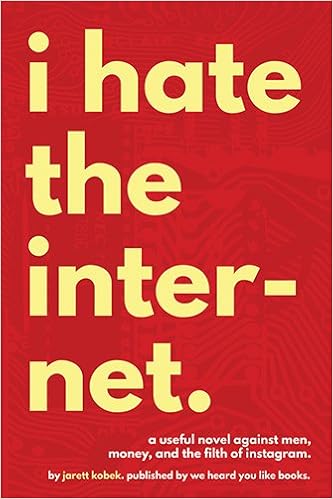 The vitriol of I hate the internet is the misery of the bourgeoisie, almost all of which “lack eumelanin in the basale strata of their epidermis” (as Kobek repeatedly describes whiteness); I sympathize regardless of my eumelaninlessness. More than being a prolonged expletive flailing absurdly about like a verbal Bernie Dance though, this self-described “bad novel” is a madcap, mad-dog, remonstration of Post-Industrial America.
The vitriol of I hate the internet is the misery of the bourgeoisie, almost all of which “lack eumelanin in the basale strata of their epidermis” (as Kobek repeatedly describes whiteness); I sympathize regardless of my eumelaninlessness. More than being a prolonged expletive flailing absurdly about like a verbal Bernie Dance though, this self-described “bad novel” is a madcap, mad-dog, remonstration of Post-Industrial America.
A review of The Last Wife of Attila the Hun by Joan Schweighardt
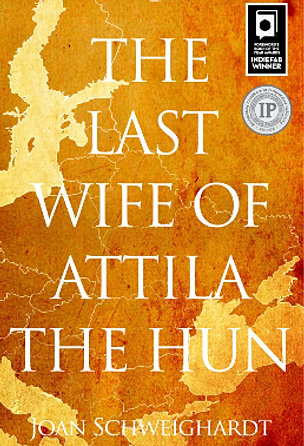
A review of The Snail’s Castle by Mark Gordon
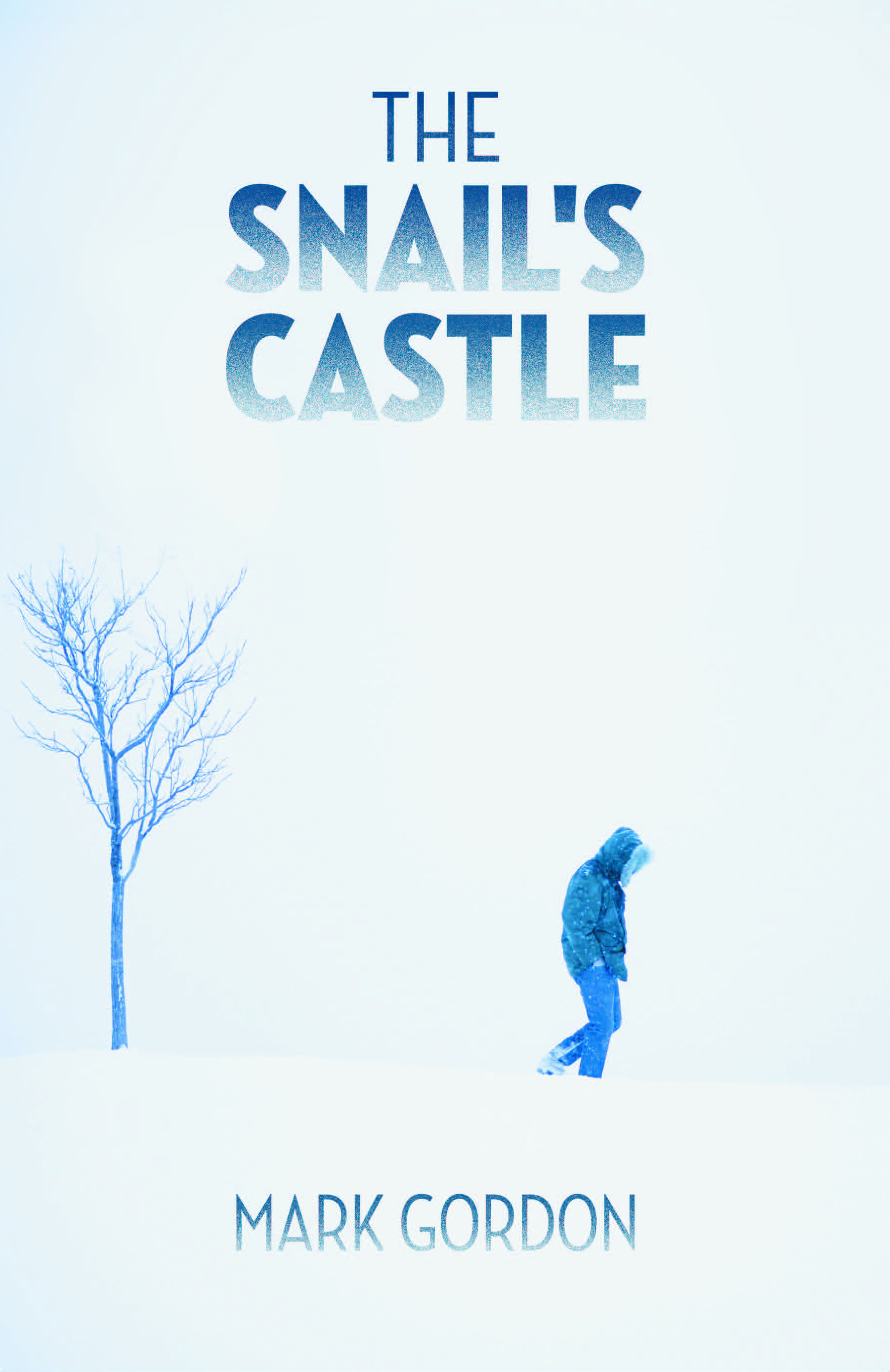 For all its seriousness, The Snail’s Castle has a light, assured tone that makes for compulsive reading. At turns amusing and disturbing, it is among the most literary of literary works, with a deep intelligence that expects its readers also to be intelligent. That is a rare compliment that should be savoured.
For all its seriousness, The Snail’s Castle has a light, assured tone that makes for compulsive reading. At turns amusing and disturbing, it is among the most literary of literary works, with a deep intelligence that expects its readers also to be intelligent. That is a rare compliment that should be savoured.
A review of Swing State by Michael T. Fournier
 The unique writing style and sympathetic characters found in Swing State create an intriguing read. Fournier draws potent scenes depicting their struggles – returning from war, finding acceptance and approval, and asserting their own independence. Although each character has a unique story to tell, Fournier deftly interweaves and connects their lives until they come together in the explosive conclusion.
The unique writing style and sympathetic characters found in Swing State create an intriguing read. Fournier draws potent scenes depicting their struggles – returning from war, finding acceptance and approval, and asserting their own independence. Although each character has a unique story to tell, Fournier deftly interweaves and connects their lives until they come together in the explosive conclusion.
Christine Evans on Cloudless
The author of Cloudless reads from and talks about her new verse novel Cloudless, her unique characters, the way the book came together, why she used verse, about the interlinking lives, about Perth in the 1980s, about the magic in…
A review of Cloudless by Christine Evans
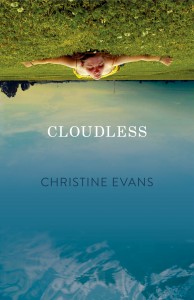 The voice of the playwright is obvious in Christine Evan’s verse novel Cloudless. A rich blend of characterisation, setting, and powerful thematic weaving from poem to poem, the novel takes us deep into the heart of working class Perth in the 1980s. Each of the eight key voices who make up the story are on the cusp of something: their lives about to change.
The voice of the playwright is obvious in Christine Evan’s verse novel Cloudless. A rich blend of characterisation, setting, and powerful thematic weaving from poem to poem, the novel takes us deep into the heart of working class Perth in the 1980s. Each of the eight key voices who make up the story are on the cusp of something: their lives about to change.
A review of A Regicide by Alain Robbe-Grillet
 For a novel written in 1947, half-heartedly revised in 1957 and finally published in France in 1978, A Regicide is a disconcertingly contemporary read. Moreover, it is possible to place your finger on exactly why this is so: Robbe-Grillet’s frequent descriptions of nature, of plants and insects and coastline, as fragile and precarious: that’s what strikes home. The island kingdom where an assassination (imagined? actual?) is played out is battened by tempests, beset by drought. Seasons are awry.
For a novel written in 1947, half-heartedly revised in 1957 and finally published in France in 1978, A Regicide is a disconcertingly contemporary read. Moreover, it is possible to place your finger on exactly why this is so: Robbe-Grillet’s frequent descriptions of nature, of plants and insects and coastline, as fragile and precarious: that’s what strikes home. The island kingdom where an assassination (imagined? actual?) is played out is battened by tempests, beset by drought. Seasons are awry.
The Story of the Lost Child by Elena Ferrante
 The four novels making up the “Neapolitan” quartet follow the entwined lives of Elena Greco and Lila Cerullo Carracci, from elementary school in the 1950s to Lila’s disappearance at age sixty. The Story of the Lost Child, the fourth and final volume, presents Elena and Lila in mid-life, both back in their crime-ridden impoverished neighbourhood. Their friendship, never harmonious, continues to go up and down until a tragedy and a sad aftermath change things.
The four novels making up the “Neapolitan” quartet follow the entwined lives of Elena Greco and Lila Cerullo Carracci, from elementary school in the 1950s to Lila’s disappearance at age sixty. The Story of the Lost Child, the fourth and final volume, presents Elena and Lila in mid-life, both back in their crime-ridden impoverished neighbourhood. Their friendship, never harmonious, continues to go up and down until a tragedy and a sad aftermath change things.
We have a copy of Wait for Signs by Craig Johnson to giveaway. To win, just sign up for our Free Newsletter on the right hand side of the site.
The winner will be drawn on the first of December from subscribers who enter via the newsletter. Good luck!